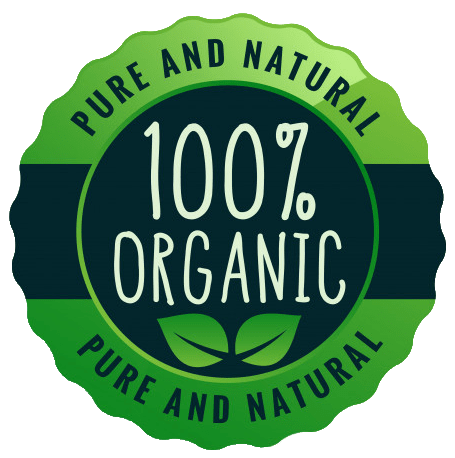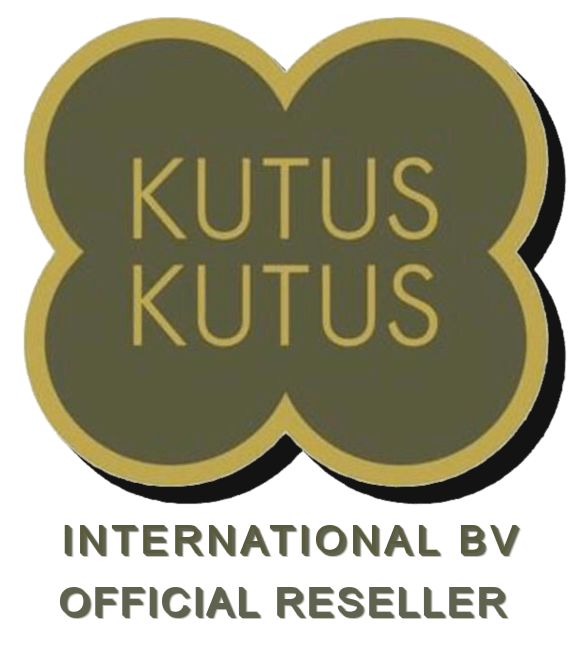
Ashitaba:
Angelica keiskei, commonly known under the Japanese name of ashitaba, literally "tomorrow's leaf", is a species of flowering plant in the carrot family.
It is native to Japan, where it is found on the Pacific Coast, grows to a height of 90 to 160 centimeters. The roots are robust, conical, or cylindrical.
The flowers are hermaphrodites (with both male and female organs) therefore the plant is self-fertile and regenerative.
Origin
The plant has been known since the Ming dynasty and the samurai used it by chewing it to use the medicinal properties of the plant.
Use and effect
According to a study just published in Nature Communications, the molecule of a medicinal plant from the carrot family increases longevity by 20%.
It is eaten cooked but dried it can become a tea. Angelica keinskei is one of the main plants of traditional Asian medicine and its reputation as a superfood is already raging in the United States.
The leaves are the most commonly used part of this plant, although the taproot and stems are also used for some preparations.
The common name for this plant is "the leaf of tomorrow". According to researchers, ashitaba possesses antioxidant, anti-inflammatory, antimicrobial, anti hyperactive, and antidiabetic properties.
Traditionally, Japanese people used the plant for a range of health issues, including infections - heartburn - fever - flu - indigestion - gout -arthritis.
Components
Ashitaba is a complex herb that contains the following nutrients:
Fiber
Calcium
Iron
Magnesium
Vitamin E
Vitamins B1 and B2
Vitamin C
Vitamin K
Ashitaba also contains other compounds, including:
Chalcones,
Lutein
Alpha-carotene and beta-carotene
Quercetin
Catechin




Quick Links : F.A.Q - Privacy Policy - Shipping Policy - Terms & Condition - Return & Refund

 An item was added to cart!
An item was added to cart!

